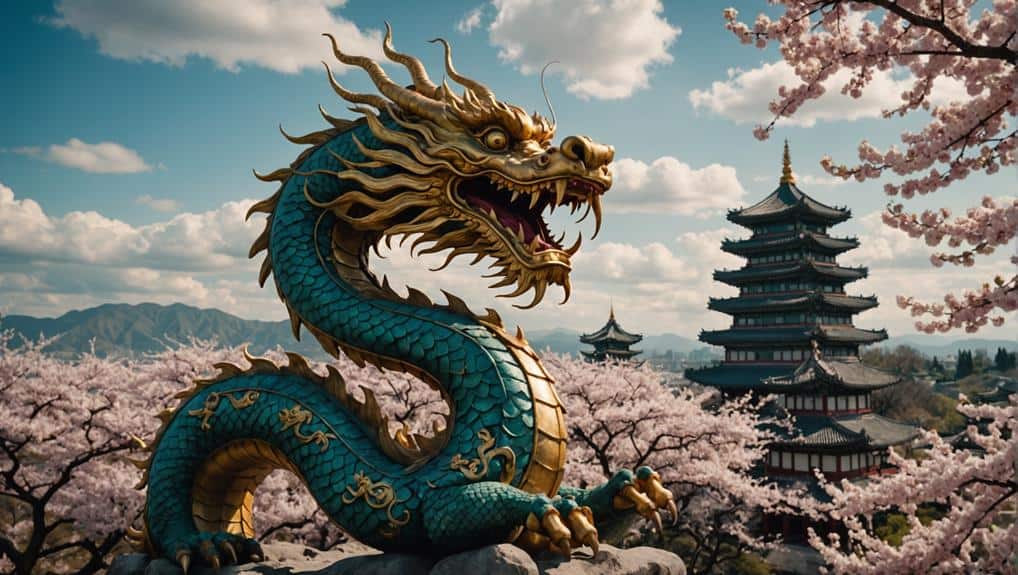Ancient China, a civilization with a history spanning over several millennia, is one of the world’s oldest continuous cultures. Located in East Asia, ancient China developed along the fertile plains of the Yellow River and Yangtze River. Known for its profound contributions to philosophy, technology, and governance, ancient China laid the foundation for much of East Asian civilization.
Overview of Ancient China’s Geographical and Historical Context
Ancient China was characterized by its diverse geography, including fertile river valleys, vast plateaus, and rugged mountains. This varied landscape influenced the development of its early societies and facilitated the rise of agricultural communities. Historical records date back to the mythical Xia Dynasty, followed by the historically verifiable Shang and Zhou dynasties, each contributing significantly to Chinese culture, governance, and technological advancements.
Early Dynasties
Xia Dynasty
The Xia Dynasty (c. 2070–1600 BCE) is often considered the first dynasty in traditional Chinese historiography, though its existence remains partly mythical due to a lack of concrete archaeological evidence. According to legend, Yu the Great founded the Xia Dynasty after controlling the floods of the Yellow River, establishing the first hereditary monarchy in China.
Shang Dynasty
The Shang Dynasty (c. 1600–1046 BCE) is the earliest dynasty supported by archaeological evidence. The Shang rulers established a centralized state, with their capital at Anyang. They are known for their advances in bronze metallurgy, the development of a writing system, and elaborate burial practices, including the use of oracle bones for divination.
Zhou Dynasty
The Zhou Dynasty (c. 1046–256 BCE) followed the Shang and is divided into two periods: the Western Zhou (c. 1046–771 BCE) and the Eastern Zhou (c. 770–256 BCE). The latter includes the Spring and Autumn period and the Warring States period. The Zhou era was marked by significant philosophical development and the establishment of the Mandate of Heaven, a principle that justified the rule of the king or emperor.
Philosophy and Religion
Confucianism
Confucianism, founded by Confucius (Kong Fuzi) during the late Zhou period, emphasizes morality, social harmony, and proper conduct in various relationships. Confucian teachings became a cornerstone of Chinese culture and governance, advocating virtues such as filial piety, respect for elders, and the importance of education.
Taoism
Taoism, attributed to Laozi, focuses on living in harmony with the Tao (the Way), a fundamental principle that is the source of all existence. Taoist philosophy values simplicity, spontaneity, and non-interference with the natural order. It also incorporates mystical and religious elements, influencing Chinese art, literature, and practices such as meditation and alchemy.
Legalism
Legalism, developed during the Warring States period, advocates for a strong, centralized state with strict laws and harsh punishments. Legalist thinkers like Han Feizi argued that human nature is inherently selfish and that order can only be maintained through rigorous control and discipline. Legalism played a crucial role in the establishment of the Qin Dynasty.
Technological and Cultural Achievements
Inventions: Papermaking, Gunpowder, Compass
Ancient China is renowned for its numerous technological innovations. Papermaking, invented during the Han Dynasty, revolutionized communication and record-keeping. Gunpowder, discovered during the Tang Dynasty, had a profound impact on warfare and eventually spread to the rest of the world. The compass, developed for divination during the Han Dynasty and later used for navigation, greatly enhanced maritime exploration.
Great Wall of China
The Great Wall of China, built over several dynasties, particularly the Qin and Ming, was constructed to protect against invasions from northern tribes. This colossal structure, stretching thousands of miles, symbolizes China’s architectural ingenuity and military strategy.
Society and Government
Mandate of Heaven
The Mandate of Heaven was a philosophical concept that justified the rule of the emperor as divinely sanctioned. According to this belief, a ruler must govern justly and wisely to maintain the favor of the gods. If the ruler became despotic or failed to fulfill his duties, he would lose the mandate, leading to rebellion and the rise of a new dynasty.
Bureaucratic Structure
Ancient China developed a sophisticated bureaucratic system, particularly under the Han Dynasty, which implemented the civil service examination system. This meritocratic system aimed to select the most capable individuals for government positions, ensuring efficient administration and stability. The bureaucracy played a vital role in the centralization and governance of the vast Chinese empire.
Read More About Ancient China

Embrace the Dao: The Wisdom of Laozi and Daoism
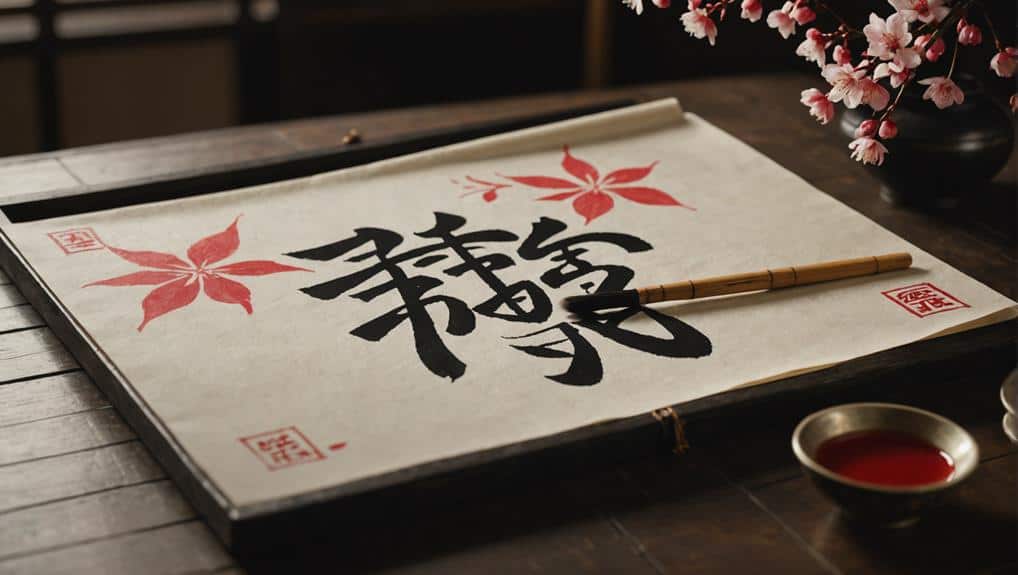
Art of the Brush: The Beauty and Skill of Chinese Calligraphy
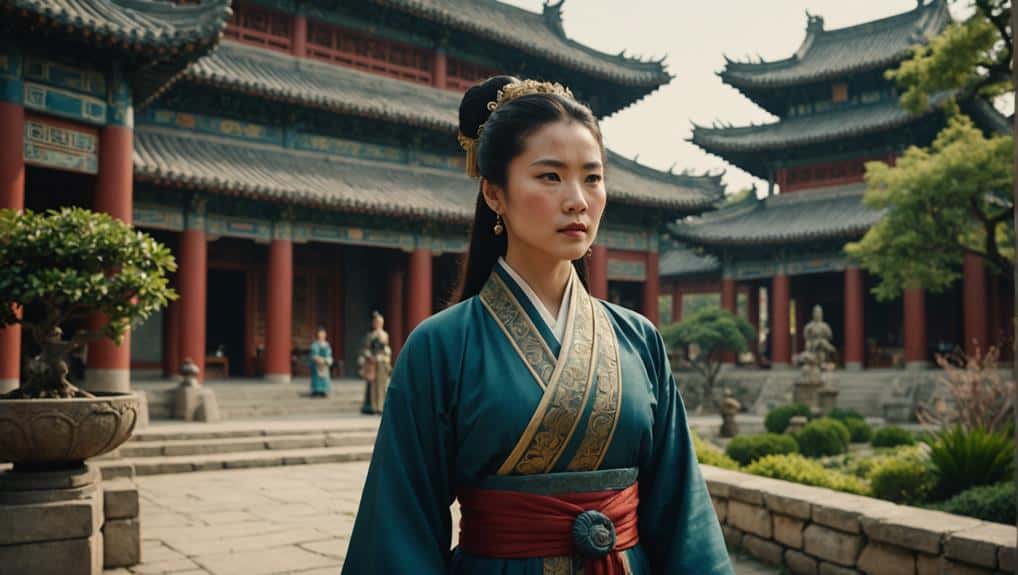
Empowered Women: The Influential Roles of Women in Ancient China

Engineering Marvel: The Grand Canal That United Ancient China

The Silk Secret: How Ancient China Perfected Silk Production
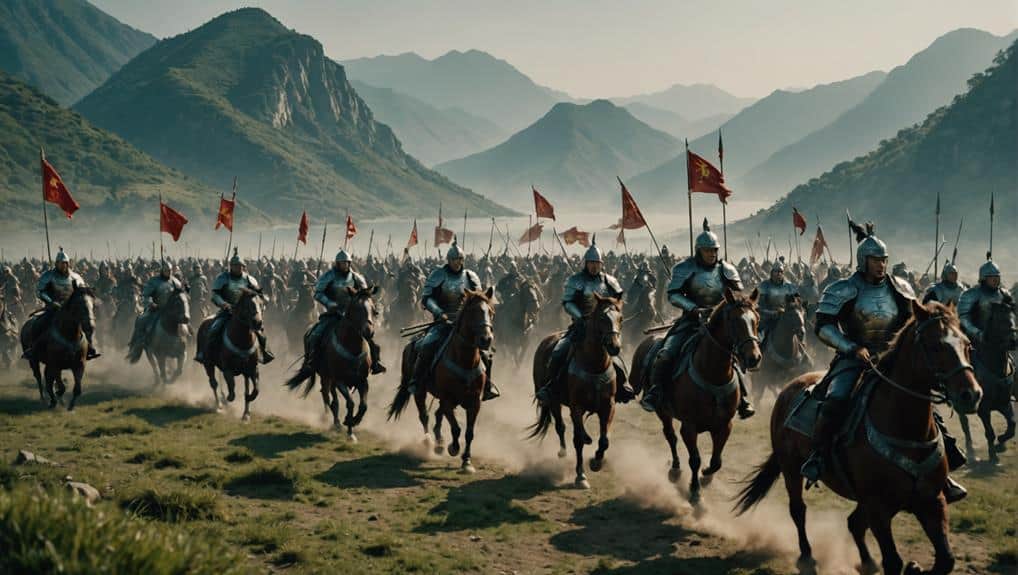
Epic Battles and Heroes: The Legendary Three Kingdoms Period
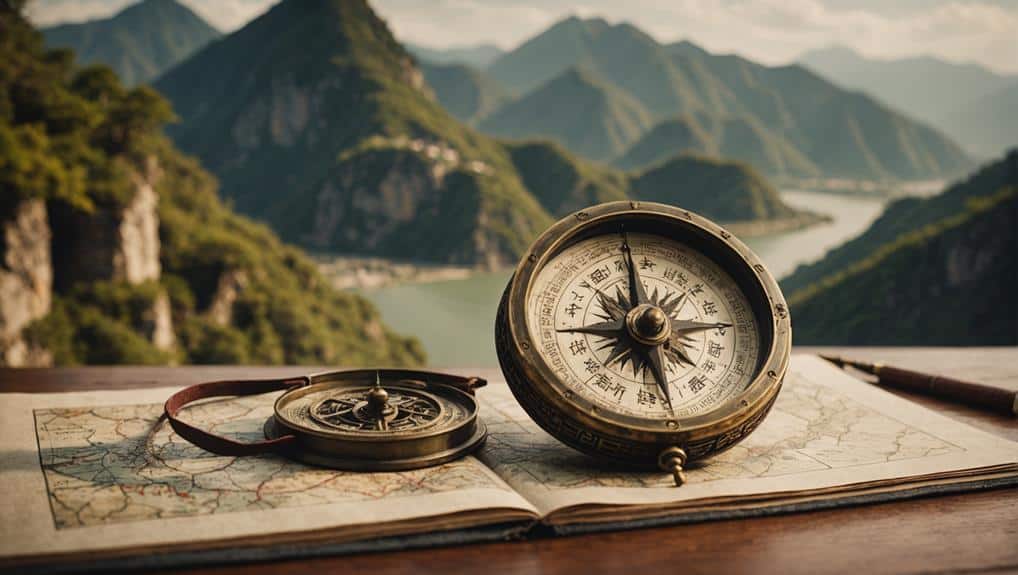
Navigating the World: The Ancient Chinese Invention of the Compass
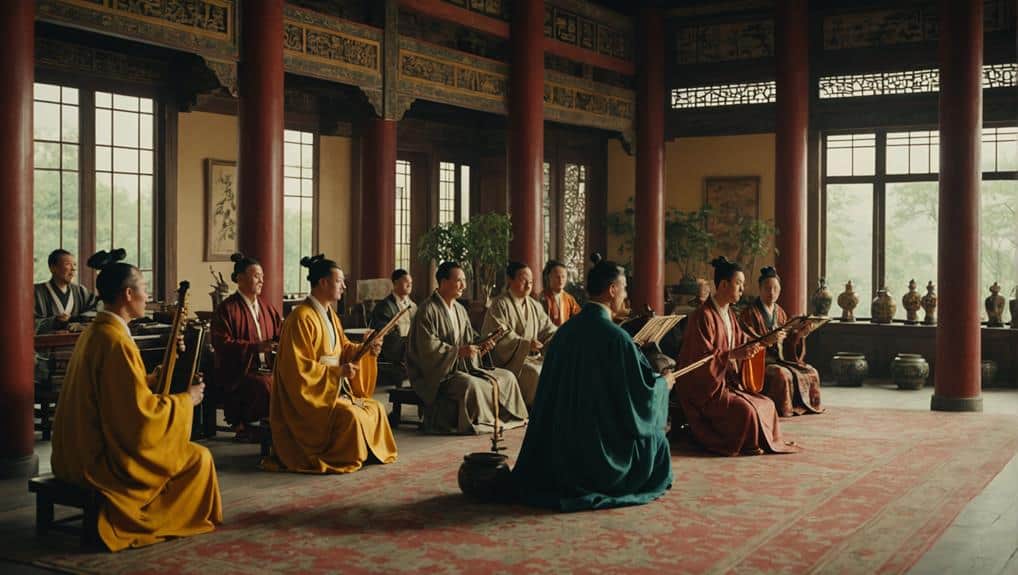
Cultural Renaissance: The Tang Dynasty's Artistic and Literary Boom
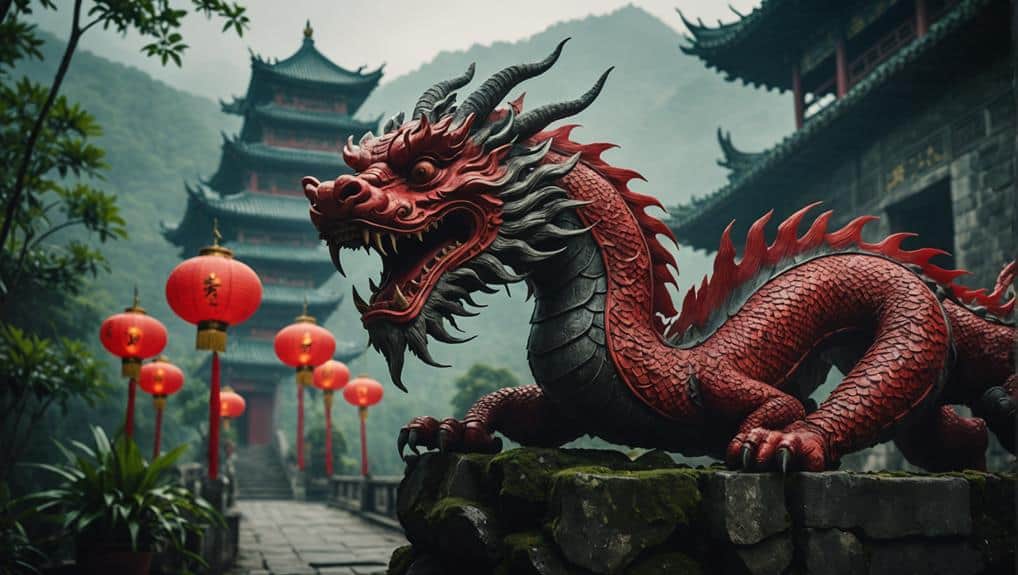
The Dragon's Legacy: Myths and Legends of Ancient China

Healing Secrets: The Ancient Chinese Medicine Still Used Today
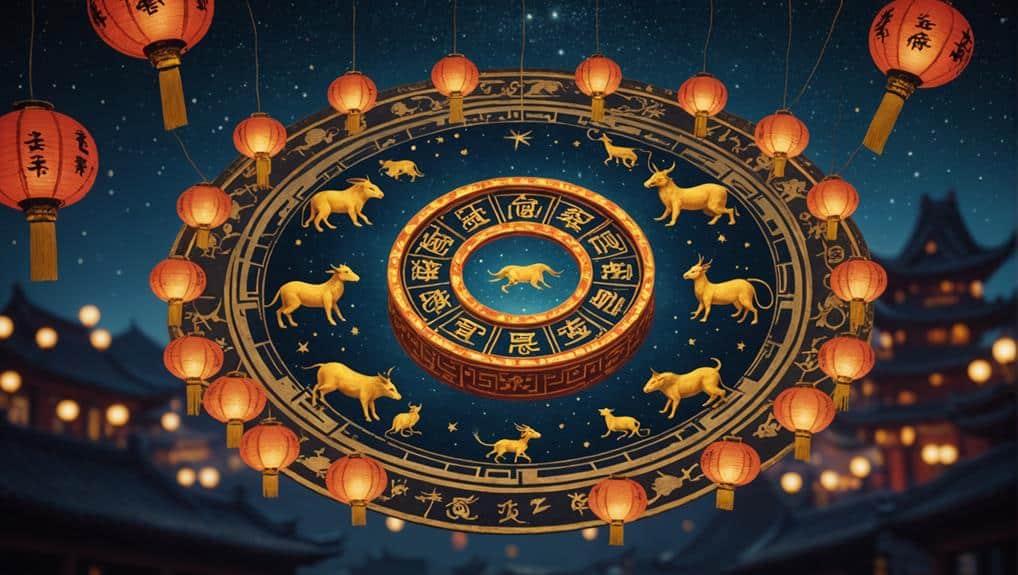
Your Future Revealed: The Fascinating World of the Chinese Zodiac
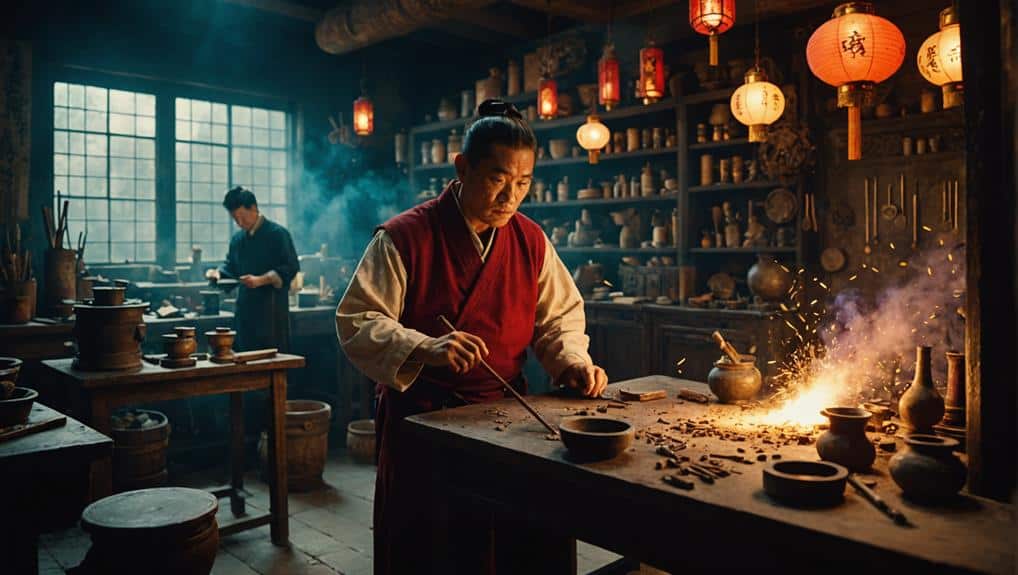
Explosive Discoveries: How Ancient China Invented Gunpowder
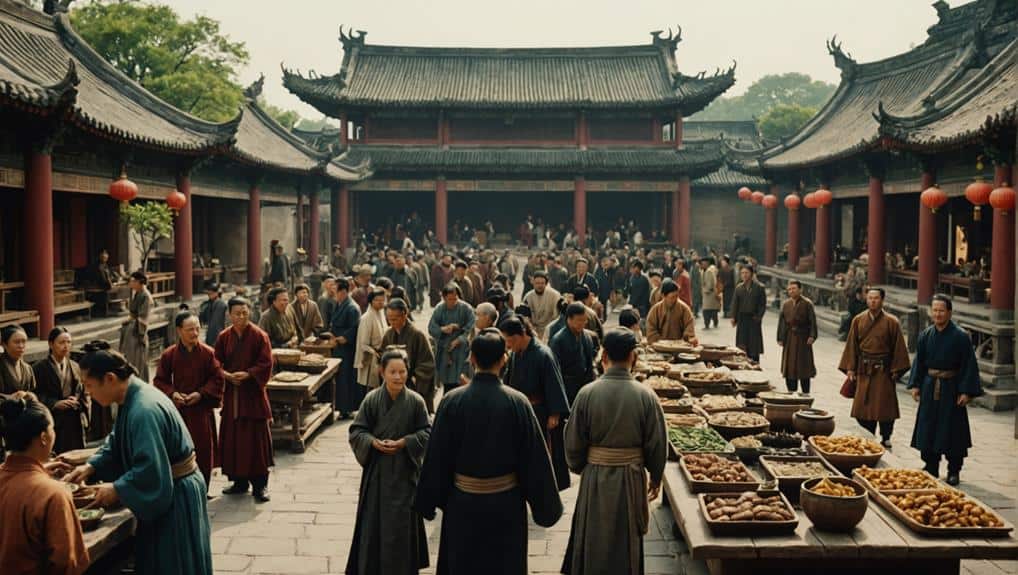
Golden Age: The Prosperity and Achievements of the Han Dynasty
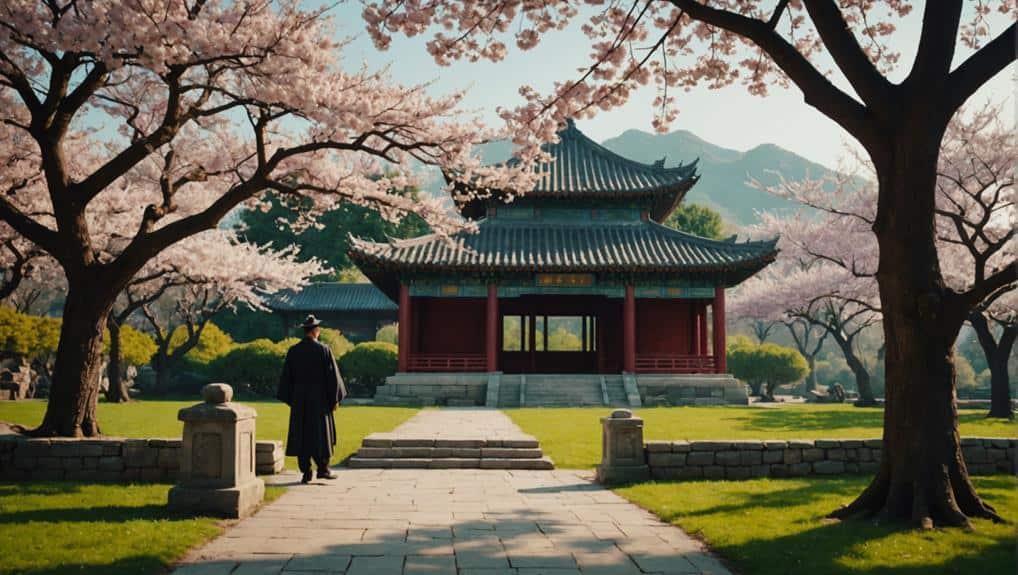
The Philosophy That Shaped China: The Life and Teachings of Confucius
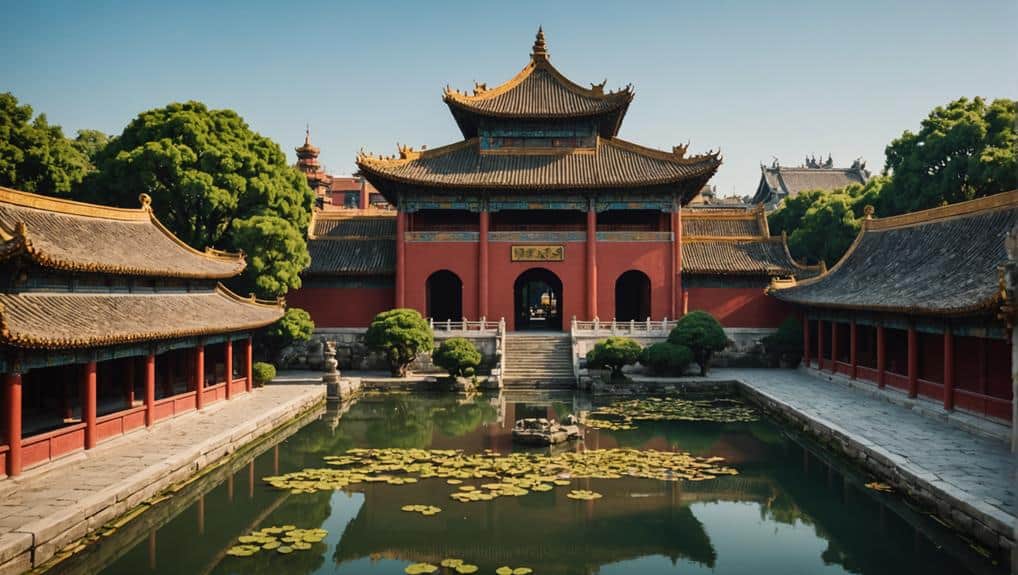
Inside the Forbidden City: The Mysterious Palace of Chinese Emperors
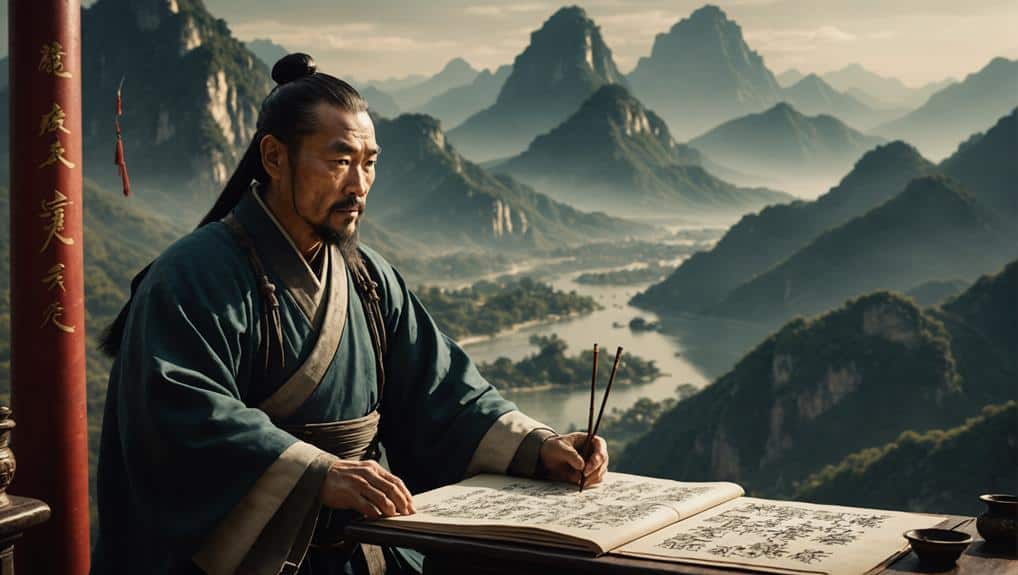
Master Tactics: The Timeless Wisdom of Sun Tzu's 'The Art of War'

The Silk Road: How Ancient China Connected the World
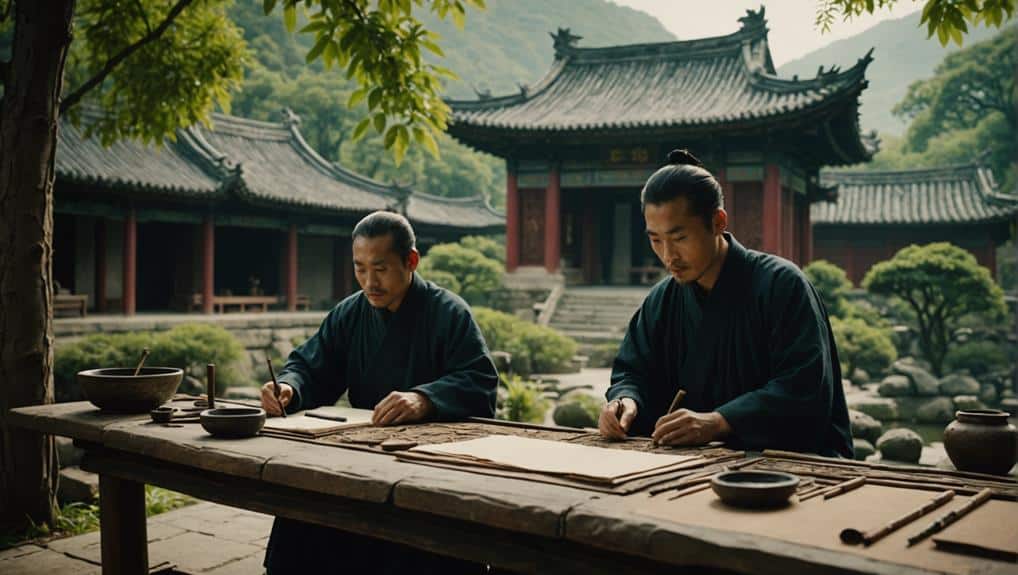
How Ancient China Revolutionized Writing With the Invention of Paper
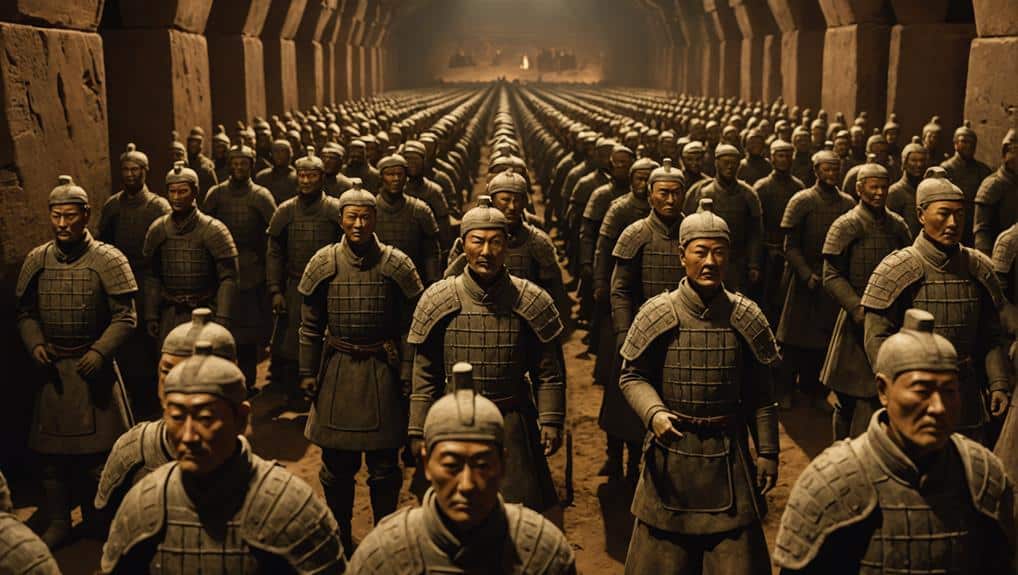
Unearthed: The Terracotta Army and the First Emperor's Tomb


